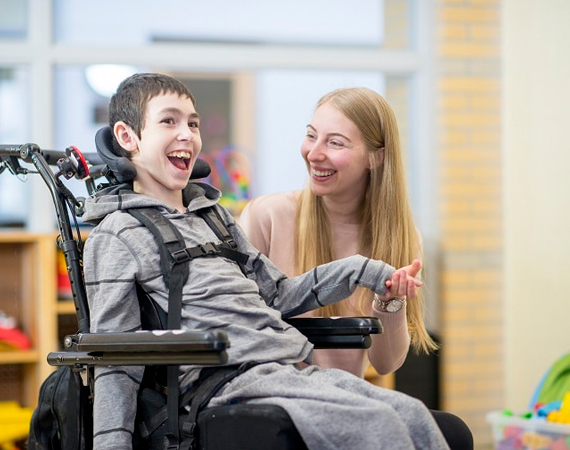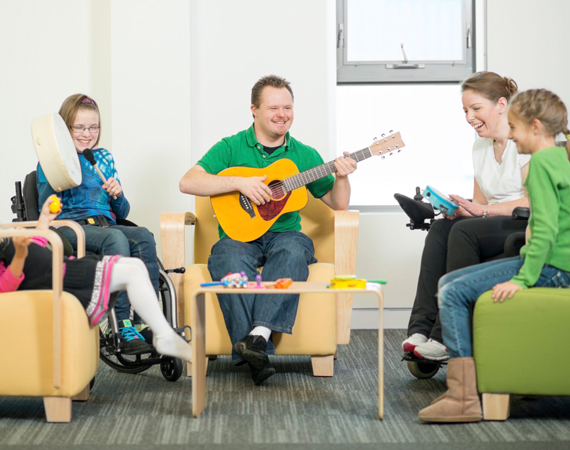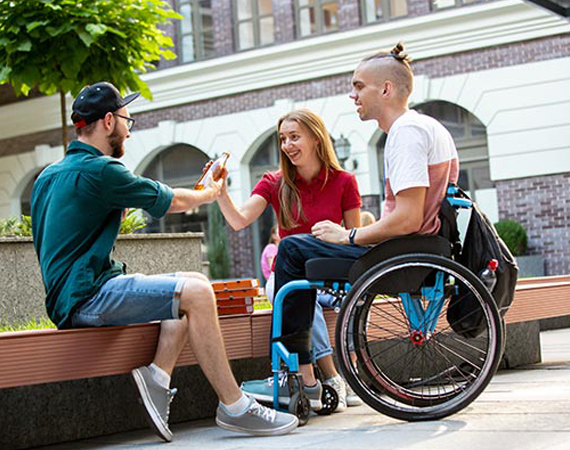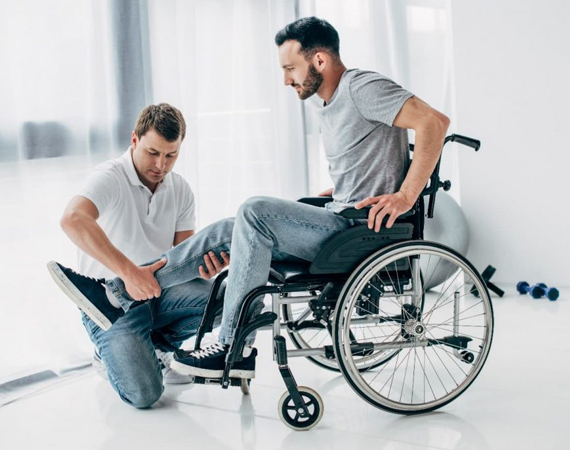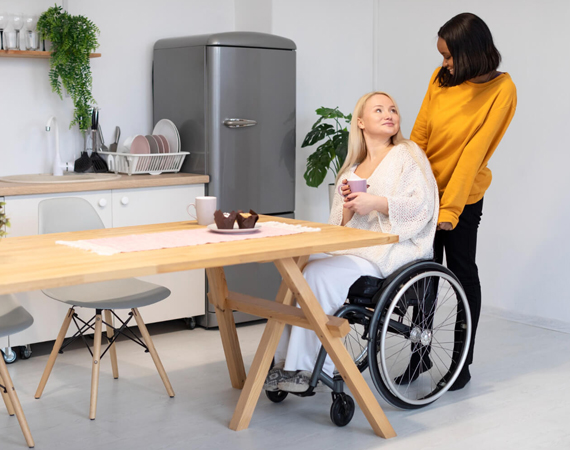Psychology Of The Disabled People, What Makes Them Feel Happy?
Psychology Of The Disabled People, What Makes Them Feel Happy?
No human being is flawless, disabled or not. Isn’t it considerate to extend a little favor to oneself and others? Every one of us suffer because we are imperfect beings. Kindness toward ourselves and others can be shown by all people in the way we handle obstacles and successes. A complicated and individualized feeling, happiness can be affected by a number of things, such as one’s psychological health, and personal conditions. Despite the particular
difficulties they may encounter, people with any kind of disabilities are able to find contentment and satisfaction in their life.
The following elements influence their happiness:
Important Connections and Social Support
Happiness is significantly influenced by social ties and favorable relationships. Meaningful relationships with family, friends, expert healthcare professional services, and colleagues who provide disability support, empathy, and affection are the source of happiness to individuals with disabilities. Creating and sustaining communities can lessen feelings of loneliness and give one a sense of community.
Individual Development
Completing objectives and going through personal development boost happiness and confidence. Following their passions, learning new skills, and conquering difficulties can all be sources of fulfillment for people with disabilities. Honoring successes, no matter how minor, helps people feel more capable and deserving.
Positive Attitude
Endurance and happiness depend on having a good outlook and using useful coping mechanisms with the help of well-established disability care services. Optimism, thankfulness, and acceptance can be developed by people with disabilities by emphasizing their skills and strengths rather than their weaknesses. And with the help of dedicated staff support, any people with disability can have positive attitude towards their life.
For people with disabilities, happiness is a complex concept that is shaped by a range of factors. The support workers and their family member together may improve their general satisfaction and well-being by attending to their particular needs, creating situations that are helpful, and encouraging possibilities for development and satisfaction.
